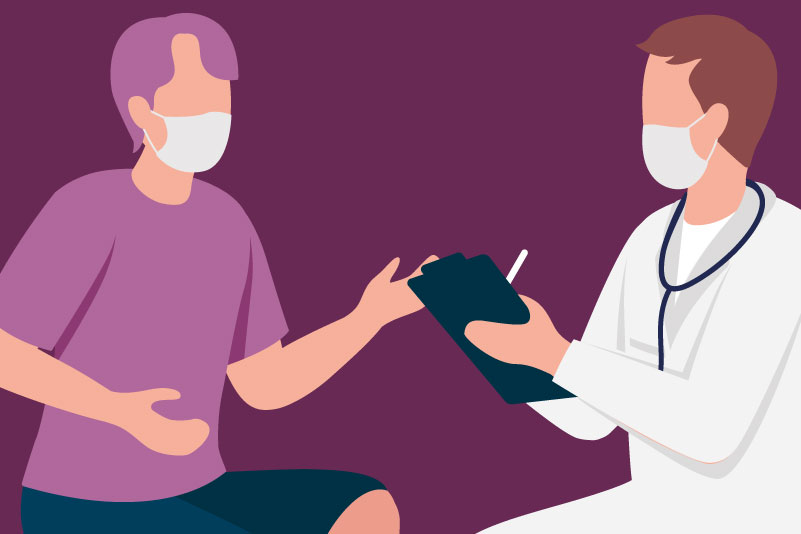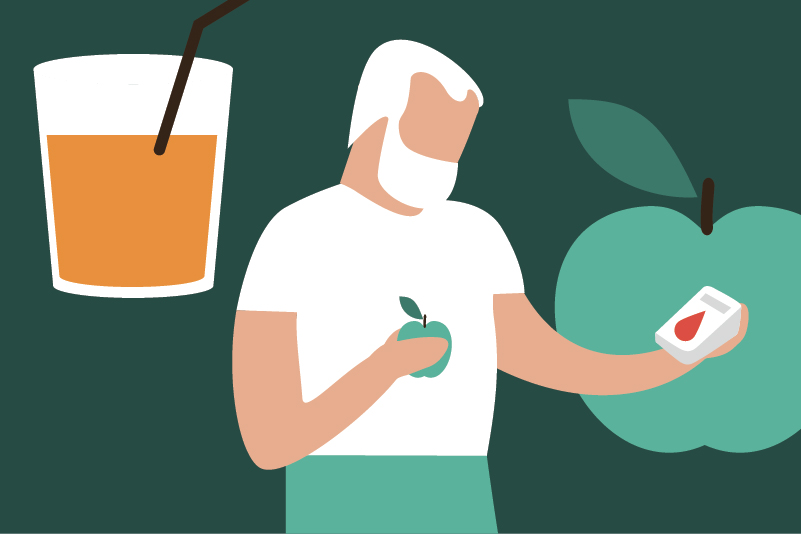#3 Glucose Self-Monitoring in Type 2 Diabetics Not Using Insulin: Is it Bitter Sweet?

Reading Tools for Practice Article can earn you MainPro+ Credits
Join NowAlready a CFPCLearn Member? Log in
- Mean HbA1c at baseline 8.3% (~1/4 had baseline HbA1c >9%).
- Self-monitoring of blood glucose reduced HbA1c by:
- 0.2% at six months.
- 0.35% at one year.
- This is below the minimum difference thought to be clinically important (>0.5%).2
- No difference in:
- Overall wellbeing or quality of life.
- Symptomatic hypoglycemic episodes.
- HbA1c reduced by 0.3%.
- Self-monitoring blood glucose weekly lowered HbA1c by only 0.12% compared to monitoring twice yearly.
- Despite highly-motivated patients and intensive follow-up in these RCTs, only one-third to one-half of patients adhered to the self-monitoring protocol over 12 months.4-7
- Other systematic reviews8,9 and RCTs with more intensively-structured self-monitoring plans7 show similar, clinically insignificant differences.
- Trials thus far have been underpowered to evaluate the effect on clinical outcomes
- The achieved 0.2-0.35% HbA1c reduction would be expected to reduce clinical outcomes related to diabetes by a mere relative 3-8%.10
- Some RCTs6,11 and supporting studies12 show worsening depressive symptoms6,12 and negative impact on quality of life11,12 with self-monitoring.
- Regular self-monitoring is not cost-effective.11
- Eight public drug plans are spending $247 million/year on test strips,13 so the total Canadian expenditure would be far more.
- While regular self-monitoring in Type 2 diabetics not on insulin appears unnecessary, this population should still know how to test their blood glucose in case they have symptoms of hypoglycemia, they are feeling ill, or they are interested in seeing the impacts of lifestyle behaviors.







 Complete Activity
Complete Activity
confirms what I thought